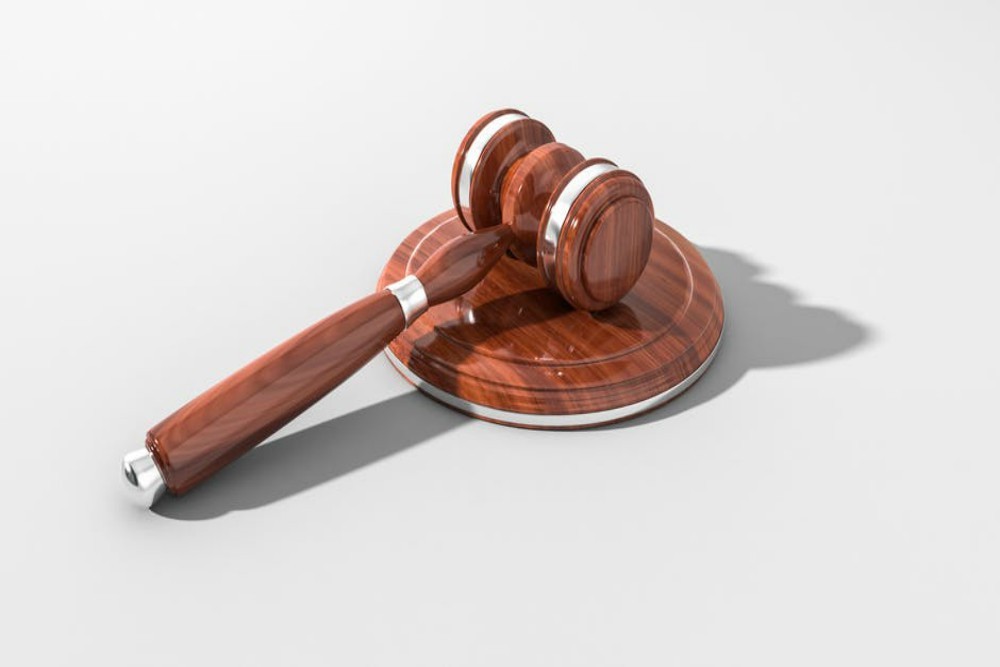HARRISBURG — The Superior Court of Pennsylvania has affirmed a trial court’s decision to allow evidence that the plaintiff in a personal injury case had been drinking before he got hurt, according to a decision filed on March 15.
Judges Judith Ference Olson, Alice Beck Dubow and Eugene B. Strassburger III heard the case, and Dubow wrote the court's opinion.
In 2010, Charles Minor fell down some steps and fractured his ankle at an apartment building after he tripped over a hose that was being used by an employee of Shaeffer’s Ultrabright Carpet Cleaning.

After the incident, Minor went to Harrisburg Hospital, and its medical staff determined that he had a blood alcohol level of 0.07. Minor, however, claimed that he had consumed “less than a beer.”
Minor filed a negligence lawsuit against Shaeffer’s Ultrabright Carpet Cleaning in 2011, but the case did not go to trial until 2016.
During the trial, the court allowed testimony from Dr. James Robert about “the impairment [the] appellant suffered as a result of the consumption of alcohol on the day of his fall,” Dubow wrote in the decision.
Minor unsuccessfully attempted to block the testimony and other evidence related to his alcohol consumption on the day of the incident, and a jury ruled in favor of Shaeffer’s Ultrabright Carpet Cleaning. The trial also denied Minor’s motion for a new trial, which prompted him to appeal.
Minor argued in the appeal “that the court should have excluded evidence of his intoxication because there was ‘no evidence of any impairment or intoxication,’” according to the court’s decision.
The court, however, disagreed with Minor.
"[T]he probative value of Dr. Roberts’ specific opinion testimony about the impairment caused by [the] appellant’s elevated BAC outweighed its potential prejudice," Dubow wrote in the decision.
